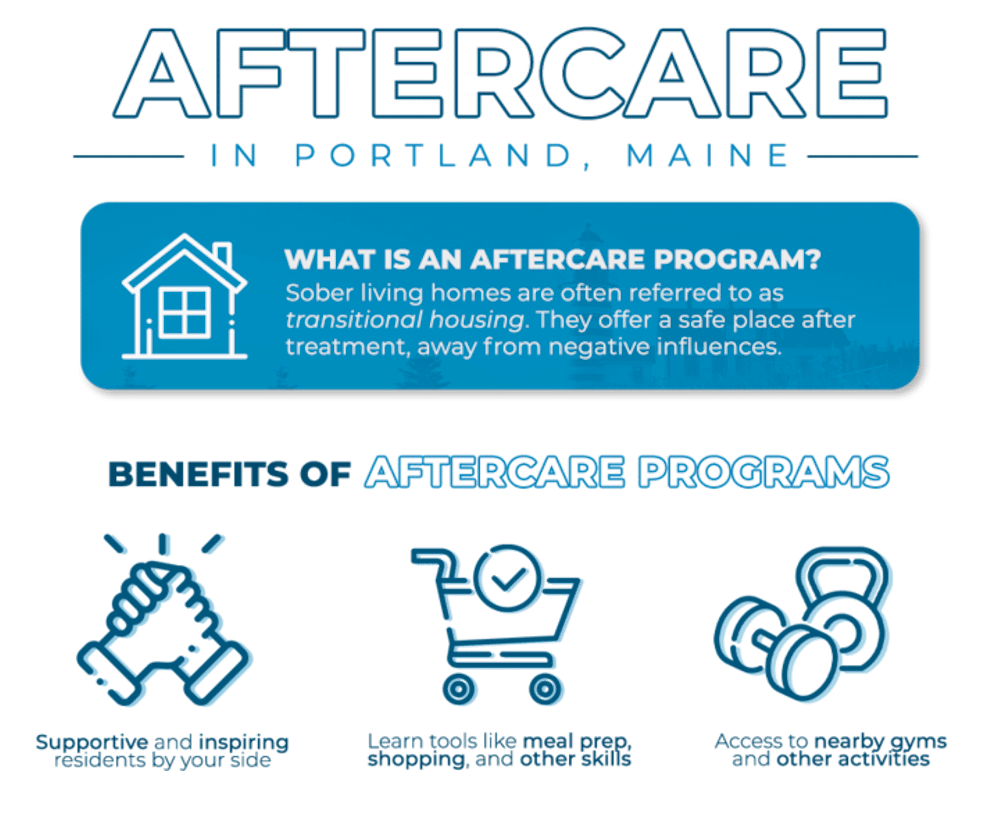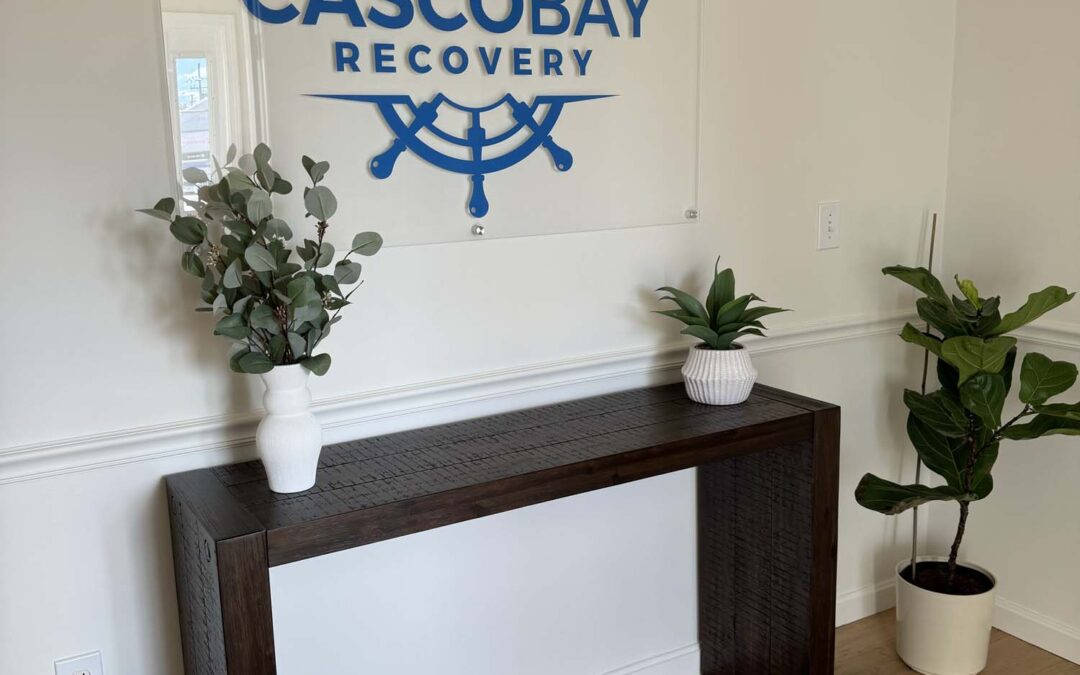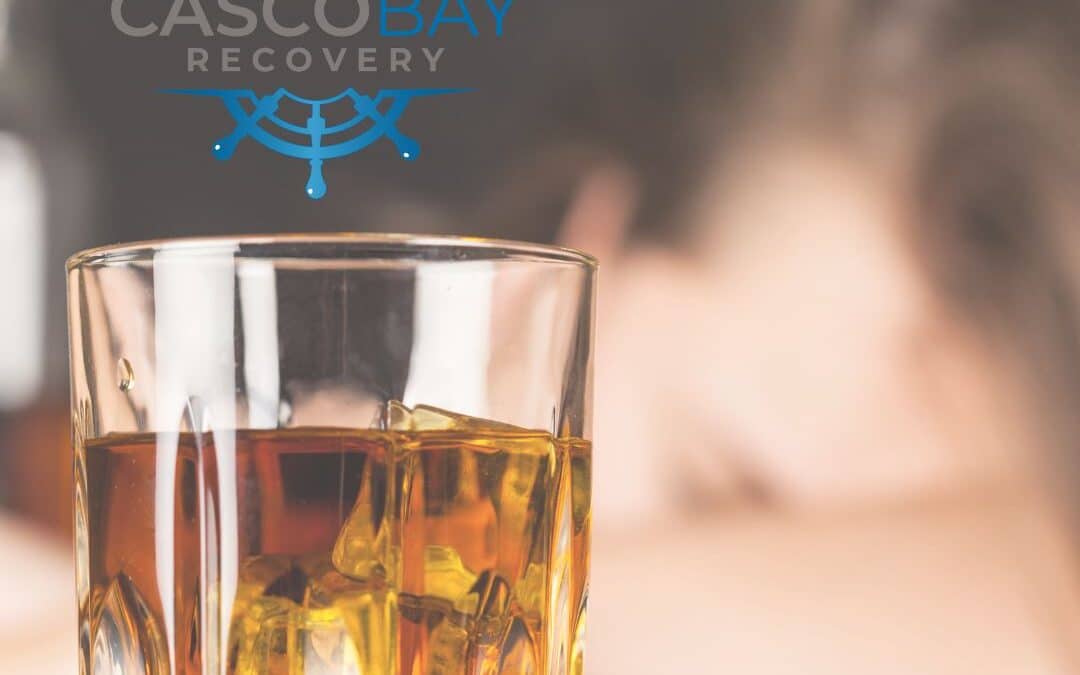What is a Personalized Aftercare Plan?

A personalized aftercare plan serves as your roadmap to sustained recovery after completing addiction treatment. This comprehensive strategy outlines specific actions, support systems, and resources tailored to your unique recovery journey.
Think of your aftercare plan as a personalized blueprint that addresses:
- Your specific triggers and challenges
- Individual recovery goals
- Personal support network needs
- Preferred therapy approaches
- Daily wellness routines
The effectiveness of addiction recovery lies in its personalization. Each person’s path to addiction is unique, shaped by different experiences, circumstances, and challenges. Your aftercare plan must reflect these individual differences to provide meaningful support.
A well-crafted aftercare plan plays a crucial role in maintaining sobriety and preventing relapse. Research shows that individuals who follow structured aftercare programs have significantly higher success rates in long-term recovery. Your plan acts as a safety net, providing:
- Clear steps for handling triggers
- Immediate access to support resources
- Structured daily activities
- Regular check-ins with healthcare providers
- Crisis management strategies
Whether you’re seeking a personalized aftercare plan in Maine or anywhere else, the key lies in creating a strategy that aligns with your lifestyle, challenges, and recovery objectives. Your aftercare plan should evolve with you, adapting to your changing needs as you progress in your recovery journey.
Key Components of an Effective Aftercare Plan

A successful aftercare plan integrates multiple essential components working together to support your recovery journey. Here’s what makes an aftercare plan truly effective:
1. Ongoing Therapy and Counseling
Therapy plays a crucial role in maintaining mental health and addressing any underlying issues that may contribute to substance abuse. Here are some key therapeutic approaches that can be included in your aftercare plan:
- Cognitive Behavioral Therapy (CBT) sessions to reshape thought patterns
- Dialectical Behavior Therapy (DBT) for emotional regulation
- Regular check-ins with licensed therapists for professional guidance
- Family therapy sessions to heal relationships
2. Support Groups and Community Engagement
Connecting with others who have gone through similar experiences can provide invaluable support during recovery. Incorporating support groups and community engagement activities into your aftercare plan can help foster a sense of belonging and accountability. Consider including the following:
- AA and NA meetings for structured peer support
- SMART Recovery programs offering science-based approaches
- Weekly group therapy sessions
- Alumni programs maintaining connection with recovery community
3. Lifestyle and Wellness Integration
Taking care of your physical health is essential for overall well-being and sustaining recovery. Integrating lifestyle changes and wellness practices into your aftercare plan can promote a healthy mind-body connection. Here are some areas to focus on:
- Structured exercise routines tailored to your fitness level
- Nutritional guidance and meal planning
- Sleep hygiene practices
- Daily mindfulness and meditation exercises
4. Medication Management
If you have any co-occurring mental health conditions or require medication as part of your treatment, it’s important to have a system in place for medication management. This ensures that you are taking medications as prescribed and monitoring their effects on your recovery journey. Consider including the following in your aftercare plan:
- Regular medical check-ups
- Medication-Assisted Treatment (MAT) when appropriate
- Prescription monitoring
- Side effect management strategies
5. Skill Development
Building new skills can enhance your employability, boost self-confidence, and provide healthy coping mechanisms during challenging times. Incorporating skill development opportunities into your aftercare plan can empower you to create a fulfilling life free from substances. Here are some areas to explore:
- Vocational training opportunities
- Educational programs
- Hobby development workshops
- Life skills training sessions
6. Support Network Building
Having a strong support network is crucial for long-term recovery success. Actively working on building relationships with family members, peers, mentors, coaches, and community members can provide additional sources of encouragement and accountability. Consider including the following in your aftercare plan:
- Family counseling sessions
- Peer mentor partnerships
- Recovery coach relationships
- Community support connections
7. Personal Accountability Tools
Taking personal responsibility for your actions and decisions is an important aspect of recovery. Incorporating tools that promote accountability into your aftercare plan can help you stay on track towards achieving your goals. Here are some strategies to consider:
- Daily journaling practices
- Regular sponsor check-ins
- Progress tracking apps
- Goal-setting worksheets
8. Progress Monitoring Systems
Regularly assessing your progress is essential for identifying areas of improvement and making necessary adjustments to your aftercare plan. Implementing monitoring systems can provide valuable insights into what strategies are working well and which ones may need modification. Consider including the following in your assessment process:
- Monthly progress reviews
- Trigger identification logs
- Coping strategy effectiveness tracking
- Plan adjustment protocols
Your aftercare plan needs built-in flexibility to adapt as your recovery progresses. Each component should be customized to your specific needs, challenges, and goals. Regular assessment of these components helps ensure they continue serving your recovery effectively.
A strong aftercare plan combines professional support, community resources, and personal development tools. This comprehensive approach creates a robust foundation for sustained recovery, addressing both immediate needs and long-term growth opportunities.
For instance, integrating a substance abuse relapse prevention plan can significantly aid in sustaining recovery.
Moreover, embracing the benefits of sobriety can further enhance the effectiveness of your aftercare plan by promoting healthier lifestyle choices and overall well-being.
How to Create Your Personalized Aftercare Plan
Creating a personalized aftercare plan starts with a thorough assessment of your post-treatment needs. Let’s break down the essential steps to build your recovery roadmap:
1. Assess Your Individual Needs
- Identify emotional triggers that could challenge your sobriety
- Evaluate your mental health requirements
- List social relationships that need healing or strengthening
- Consider practical needs like housing, employment, or education
2. Partner with Treatment Professionals
- Schedule regular check-ins with your primary therapist
- Document medical recommendations for ongoing care
- Create a medication management plan if prescribed
- Establish clear communication channels with your healthcare team
If you’re seeking professional assistance, consider reaching out to an addiction treatment center in South Portland for support.
3. Set Recovery Milestones
- Daily goals: maintaining routine, practicing coping skills
- Weekly targets: attending support meetings, therapy sessions
- Monthly objectives: rebuilding relationships, developing new habits
- Yearly aspirations: career growth, educational advancement
4. Choose Your Support System
- Research local support groups that match your values
- Select therapy modalities that resonate with your needs
- Identify potential sponsors or mentors
- Build connections with peers in recovery
5. Build Your Relapse Prevention Toolkit
- Create a list of emergency contacts
- Develop personalized coping strategies
- Write down your triggers and warning signs
- Plan responses for high-risk situations
6. Design Your Wellness Routine
- Plan balanced meals that support recovery
- Schedule regular exercise activities you enjoy
- Include stress-reduction practices like meditation
- Set consistent sleep patterns
Your aftercare plan should reflect your unique journey and adapt as you progress. Remember to keep your plan accessible and review it regularly with your treatment team to ensure it continues meeting your evolving needs.
Tools for Long-Term Addiction Recovery Success

Embracing modern technology and local resources creates a strong foundation for sustained recovery. Here’s how you can use different tools to make your recovery journey even better:
1. Digital Recovery Support Apps
- Meditation Apps: Headspace and Calm offer guided sessions specifically designed for addiction recovery
- Sobriety Tracking: Apps like I Am Sober and Nomo help monitor clean time and celebrate milestones
- Therapy Reminder Systems: Calendar apps with built-in notification features keep you accountable for appointments
- Recovery Meeting Finders: 12 Steps Apps help locate nearby support groups instantly
2. Virtual Support Platforms
- Online recovery forums
- Video conferencing support groups
- Digital journaling platforms
- Teletherapy sessions
3. Local Maine Recovery Resources
If you’re seeking local resources, Casco Bay Recovery offers comprehensive addiction treatment programs in Portland, Maine. Their services include community health centers, outpatient treatment facilities, sober living environments, and recovery community organizations.
4. Building a Hybrid Support Network
Your recovery network can combine both digital and in-person elements:
- Join local recovery Facebook groups
- Attend in-person meetings while maintaining virtual connections
- Connect with recovery coaches through mobile platforms
- Participate in online recovery workshops
- Engage with local sober social events
5. Smart Device Integration
Incorporate smart devices into your recovery routine:
- Set up medication reminders
- Track mood patterns and triggers
- Monitor sleep quality
- Log daily wellness activities
These tools work together to create a comprehensive support system. Digital platforms provide 24/7 accessibility while local resources offer face-to-face connections. The key lies in selecting tools that align with your recovery goals and lifestyle preferences.
Remember to regularly update your digital toolkit as new resources become available. Technology continues to evolve, bringing innovative solutions to support your recovery journey.
Preventing Relapse Through Consistent Aftercare Engagement
Preventing relapse through aftercare requires vigilant awareness of potential triggers and warning signs. Your recovery journey demands active participation in monitoring emotional and behavioral changes that might signal increased risk.
Key Warning Signs to Monitor:
- Sudden mood swings or irritability
- Changes in sleep patterns
- Isolation from support networks
- Romanticizing past substance use
- Skipping therapy or support group meetings
Regular therapy sessions post-rehab serve as a crucial defense against relapse. Your therapist helps identify underlying issues, process challenges, and strengthen coping mechanisms. These sessions provide a safe space to address concerns before they escalate into potential triggers.
Building Strong Accountability Systems:
- Weekly check-ins with sponsors
- Regular attendance at support group meetings
- Shared recovery goals with trusted peers
- Progress tracking with treatment professionals
Your aftercare plan needs regular evaluation and adjustment. Recovery isn’t static – your needs evolve as you progress. Working with your treatment team, you can modify strategies based on:
- Current challenges and triggers
- Progress in meeting recovery goals
- Changes in life circumstances
- Development of new coping skills
Peer support groups amplify accountability through shared experiences and mutual understanding. Group members often recognize subtle behavioral changes that might escape personal awareness, creating an additional layer of support in your recovery journey.
In some cases, individuals may develop gambling addiction, which can complicate the recovery process. It’s essential to stay aware of such potential risks and seek help when needed.
Finding Personalized Aftercare Plans Near You
Finding quality aftercare services in Maine starts with a targeted search strategy. Use these proven methods to locate the right support for your recovery journey:
- Search Online Directories: Access SAMHSA’s treatment locator tool to find licensed providers
- Contact Local Healthcare Networks: Connect with hospitals and medical centers for referrals
- Check Insurance Provider Networks: Review in-network aftercare options for cost-effective care
When selecting an aftercare program, evaluate these critical factors:
- Program Accreditation: Verify state licenses and professional certifications
- Treatment Approaches: Look for evidence-based therapies aligned with your needs
- Staff Qualifications: Research the expertise of counselors and medical professionals
- Location Accessibility: Consider travel time and transportation options
- Schedule Flexibility: Ensure program hours work with your daily commitments
Working with local providers offers unique advantages:
- Understanding of regional recovery challenges
- Knowledge of community resources
- Familiarity with local support networks
- Easy access to in-person services
Ready to create your personalized aftercare plan? Our experienced team at Casco Bay Recovery specializes in developing tailored recovery strategies for Maine residents. We focus on not just providing aftercare but also helping you find joy in sobriety, reclaim your life, and experience lasting happiness. Contact us to discuss your aftercare needs and start building a sustainable path to long-term recovery.







